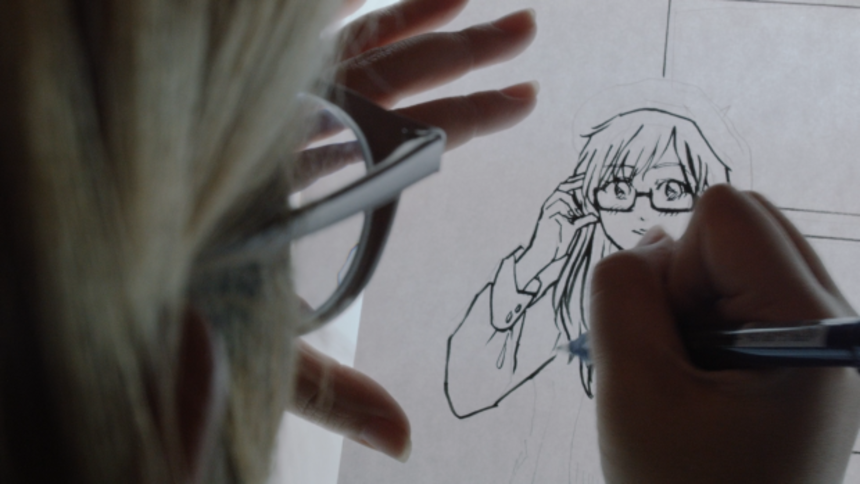Fantasia 2017 Review: GEEK GIRLS, Trials and Tribulations of Women in the Nerd World
Gina Hara's documentary finds both inspiration and disheartening truths.

Some guys might be forgiven for thinking that things are pretty good for women in the geek world: we are clearly visible at conventions (though perhaps more as audience than behind the tables), more 'geek' films are featuring (and made by) women; more women comic artists are making a cultural impact.
But we're still only a few years out from Gamergate, and just this week, Marvel editor Heather Antos was bullied after she posted a photo of herself and other women who worked at Marvel. We've come a long way, but we still have a long way to go, and these ups and downs form Geek Girls.
Gina Hara, a filmmaker out of Canada, set out to find geeks like herself, and found both inspiration and disheartening truths, which she presents in her documentary. Geek Girls is framed around Hara's personal journey of looking for like-minded girl geeks, the friends and mentors she never had growing up, and looking to see if their experiences have been similar to hers, and how they differ.
Hara covers a lot of ground, interviewing prominent figures in comics, films, gaming play and game development, cosplay, and even aerospace engineering. Women, while still in smaller numbers than men, work across all fields of what can be considered 'geekdom', and they as as varied in personalities and interest as can be imagined.
So what does it mean to be a geek, especially a girl geek? We like to think that geek culture is 'in', but we might live in our own bubble, where that's what we read and hear about most of the time. Hara's journey first takes her to Japan which she sees as the birthplace of geek culture, given the popularity and anime and manga. Instead, it takes weeks before she finds any women willing to speak to her. The 'otaku', as they are known in Japan, prefer to exist in secret, especially women, and they speak of having their own supportive community while at the same time having to hide, for fear of harassment not only from the wider culture, but male otaku who are unwilling to accept them.
Indeed, with all the women Hara interviewed, including Jamie Broadnax of Black Girl Nerds website and podcast, Mariko McDonald of Gamerwife, programers such as Miss Harvey, cosplayers and others who fall into the geek category, there was a similar pattern: a reluctance to admit their geek status, 'coming out' to family and friends, finding like-minded geeks of all genders, and then, for the women, frequently harassment, bullying, and even in some cases (as we know), threats of bodily harm.
Hara frames the story around how it evolved during the course of filming: how she expected the story of geek girls to be more uplifting than what she found. This is not to say it's all doom and gloom: Hara does find a strong community of women, connections made through the hardship, and none of these women would ever stop being a geek or part of the gaming/cosplay/comic world, but it's amazing what we have to put up with just to do what we love.
Hara covers an great deal of ground in the film given its length, interviewing across diverse people, personalities, and interests. We can see that girl geeks are a broad spectrum, rejecting monotony and stereotype, striving in their respective industries, all the while putting up with a small but sadly active minority who try to drive them out.







